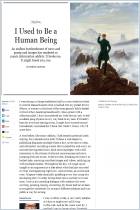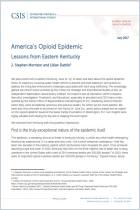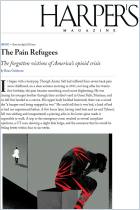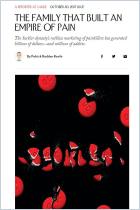Acesse a sua conta getAbstract para obter o resumo!

Acesse a sua conta getAbstract para obter o resumo!
Andrew Sullivan
The Poison We Pick
This nation pioneered modern life. Now epic numbers of Americans are killing themselves with opioids to escape it.
New York, 2018
Sobre o que é?
The opioid crisis is a symptom of the social and spiritual malaise of postindustrial America.
Recommendation
Imagine a virus infecting two million Americans and killing more than 50,000 of them within a year. Most likely, society’s response would be swift and forceful. Replace the word “virus” with “opioids” in the first sentence, and you have a description of the extent of America’s current opioid epidemic. Yet unlike a viral disease, no single antidote will solve the opioid crisis, which best-selling author Andrew Sullivan blames on a complex set of social, cultural, psychological, economic and political factors. getAbstract recommends his eye-opening feature story to anybody interested in the broader cultural and historical context of America’s opioid crisis.
Summary
About the Author
Andrew Sullivan is an author and contributing editor at New York magazine.


















Comment on this summary